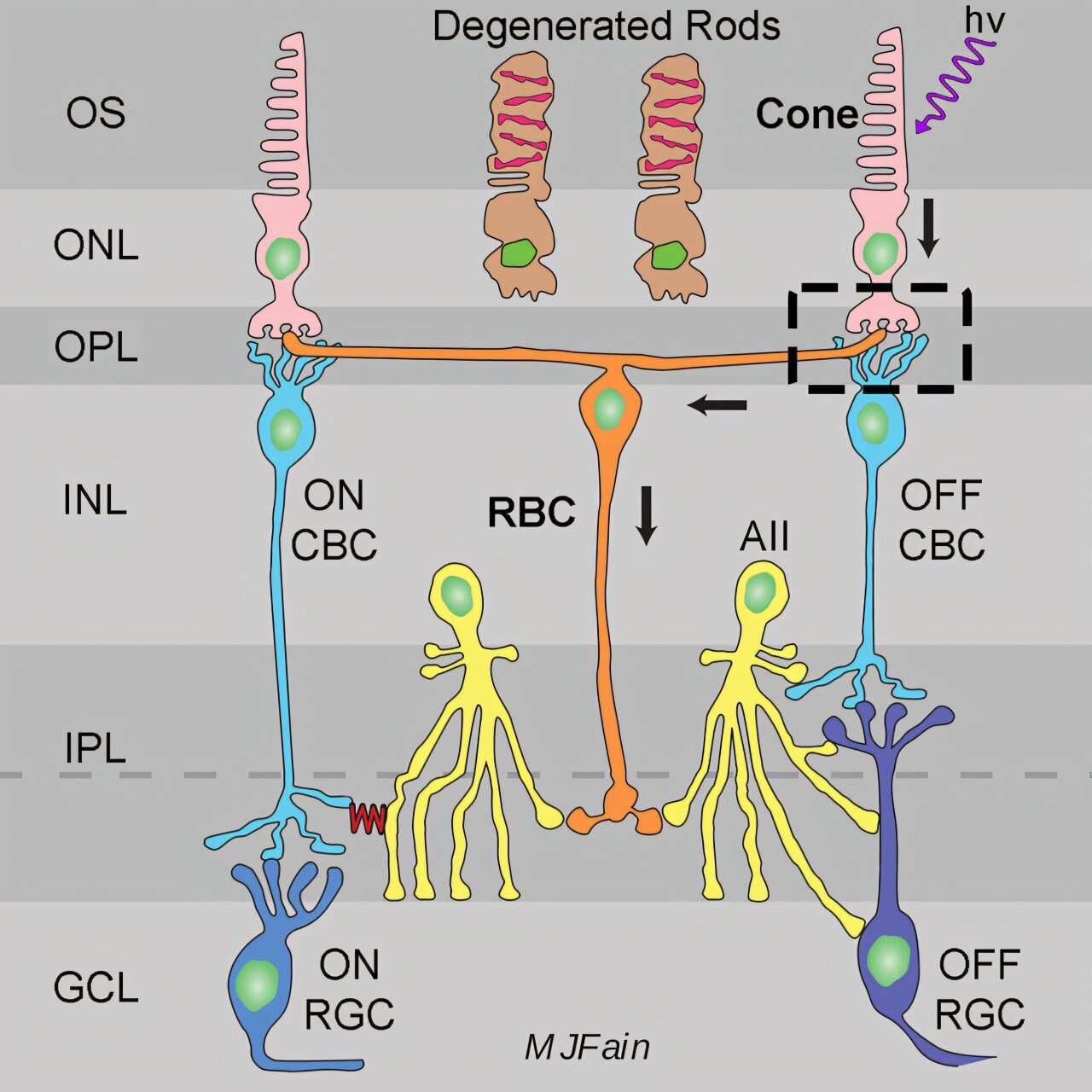In a groundbreaking international study, researchers have discovered that the single most powerful childhood experience predicting whether young adults believe the world is a good, safe, and enticing place is parental warmth. Not danger, not poverty, not harsh discipline—but warmth. This surprising finding reshapes long-held assumptions about how our early lives influence our core worldviews, known as primal world beliefs. Published in the prestigious journal Child Development, this research carries a hopeful message: love and warmth from parents might be one of the most enduring gifts to a child’s mental and emotional future.
What Are Primal World Beliefs?
“Primal world beliefs,” or simply primals, are our deep-seated assumptions about the nature of the world. Is the world safe or dangerous? Good or evil? Abundant or scarce? These beliefs form the lens through which we interpret everything around us. Like the background music in a film, they shape our emotional tone, often unnoticed but powerfully influential.
While primals are thought to be stable, they are not entirely rigid. They influence how we process life events, relate to others, and maintain mental health. For example, someone who believes the world is safe is more likely to take risks and form trusting relationships. Conversely, someone who sees the world as hostile may be more anxious or closed off.
Yet despite their significance, scientists have long been puzzled over what actually shapes these core beliefs—especially in childhood.
The Global Study: A 14-Year Journey
To untangle this question, researchers turned to the Parenting Across Cultures longitudinal study, a massive effort spanning 14 years and eight culturally distinct countries: Colombia, Italy, Jordan, Kenya, the Philippines, Sweden, Thailand, and the United States. The project tracked 1,215 children (roughly half girls) from age 8 to 22, collecting detailed information on family income, neighborhood safety, and parenting styles such as warmth, harsh discipline, psychological control, and autonomy support.
At age 22, participants filled out a questionnaire designed to capture their primal beliefs across five key domains:
- Good (Is the world morally good?)
- Safe (Is it a safe place?)
- Enticing (Is it filled with interesting and beautiful things?)
- Abundant (Are resources plentiful?)
- Progressing (Is the world improving over time?)
The researchers then used advanced statistical models to determine which early-life experiences best predicted these beliefs.
One Clear Winner: Parental Warmth
Among all variables analyzed, only one consistently predicted positive primal beliefs in young adulthood—parental warmth. Children who grew up in environments where they felt loved, accepted, and emotionally supported by their parents were far more likely to see the world as Good, Safe, and Enticing as adults.
This form of parenting included small but powerful behaviors: listening attentively, showing affection, offering encouragement, and creating an emotionally safe space for the child to express themselves.
“We found that parental warmth, which involves parents making their children feel loved and accepted, was related years later to young adults’ belief that the world is safe… and filled with beautiful and wonderful things,” said study co-author Dr. Jennifer Lansford of Duke University. “This is a hopeful message for parents.”
What Didn’t Matter (Much to Everyone’s Surprise)
The study’s most surprising finding may be what didn’t significantly affect primal beliefs. Growing up in poverty, in a dangerous neighborhood, or with strict, controlling parents had little to no predictive power. Even declining income over time—a stressor often assumed to leave psychological scars—didn’t significantly influence whether participants viewed the world as progressing.
These results run counter to popular assumptions. Many believe that adversity naturally breeds pessimism or cynicism, but this study suggests otherwise. Hardship, it turns out, doesn’t inevitably harden the heart.
The Role of Gender and Culture
Interestingly, the researchers found only one consistent gender difference: women were slightly less likely than men to believe the world is abundant. The reasons for this difference were not explored in depth and may warrant further investigation.
Cultural diversity was also key to the study’s design. Despite spanning eight very different countries, the results held strong. Most of the variation in primal beliefs occurred within cultures rather than between them, underscoring the universal importance of individual relationships over national norms.
Why Warmth Matters So Much
Parental warmth may influence primal beliefs because it directly shapes how children learn to interpret the world. A warm parent provides not just affection but also a psychological model of trust, empathy, and safety. When a child consistently receives these cues, they internalize the idea that the world—at least their world—is good.
Over time, this belief becomes generalized. If parents are safe and kind, perhaps other people are too. If the home is filled with beauty, maybe the outside world holds wonders as well. The child begins to build a worldview where kindness is not the exception but the rule.
How Primals Influence Mental Health
Why do these beliefs matter so much? Because they’re deeply connected to mental health. Studies have shown that people who view the world as safe and good tend to experience lower rates of anxiety, depression, and chronic stress. They’re more likely to form positive relationships, engage in prosocial behavior, and take productive risks.
On the other hand, a person who believes the world is dangerous or barren may withdraw, experience distrust, and struggle with life satisfaction. This has real-world consequences—not only for individuals but for societies.
Are Primal Beliefs Changeable?
Although primals tend to remain stable over time, they aren’t necessarily permanent. Therapy, life experiences, and meaningful relationships can shift them. However, it’s much easier to instill positive primals early in life than to undo negative ones later.
The researchers emphasize that primals might work like mental “filters.” When we encounter new experiences, we often interpret them in ways that reinforce our existing beliefs. If you already believe the world is dangerous, even neutral events may be perceived as threatening. This self-reinforcing loop makes early influences like parental warmth all the more powerful.
Implications for Parenting and Society
The findings offer a profound yet simple takeaway for parents, educators, and policymakers: invest in emotional warmth. It doesn’t require wealth, elite schools, or perfect neighborhoods. What matters most is that children feel seen, valued, and loved.
For parents in high-risk environments who believe that instilling caution or fear is the key to safety, this study offers a counterpoint. While it’s natural to want to protect children by warning them about dangers, emphasizing a dangerous worldview may do more harm than good—especially to their long-term emotional well-being.
Instead, fostering warmth—even amid hardship—may do more to prepare children for life than any cautionary tale.
The Study’s Strengths and Limitations
This was no small project. Its strengths lie in its prospective design (tracking children from middle childhood through early adulthood) and its cross-cultural breadth. It also avoided many common research pitfalls, such as relying solely on retrospective memory.
Still, the study has limitations. The sample, while large and diverse, wasn’t nationally representative. Also, data collection began when children were around 8 years old—meaning formative experiences earlier in life may have gone unrecorded. And like all observational studies, it can’t prove causality—only correlation.
There’s also the matter of self-reporting. It’s possible that young adults who already had positive primal beliefs were more likely to remember their childhoods—and their parents—through rose-colored lenses.
Looking Ahead: What Remains Unknown
A major question remains unanswered: When do primals first form? Are they shaped mostly in early childhood, adolescence, or across the entire developmental span? And how do children’s concepts of a “good” or “safe” world differ from those of adults?
“An important future direction will be to study primal world beliefs during childhood and adolescence rather than adulthood,” said Lansford. “Even if both children and adults describe the world as good, their conceptualizations of what makes it good are likely to differ.”
Final Thoughts: Love as a Lasting Legacy
In a world obsessed with metrics—test scores, income levels, and neighborhood statistics—this study offers a radically human insight: the emotional warmth we offer our children may be the single greatest determinant of how they see the world.
To believe the world is good, safe, and enticing is no small thing. It means walking through life with curiosity rather than fear, with hope rather than dread. And it begins not with wealth or safety nets, but with a parent’s open arms, kind words, and unwavering love.
The research says it plainly: the best thing a parent can do is love their child—not just in their heart, but in their actions. Because that love doesn’t just comfort them in the moment—it shapes their vision of the world for a lifetime.






